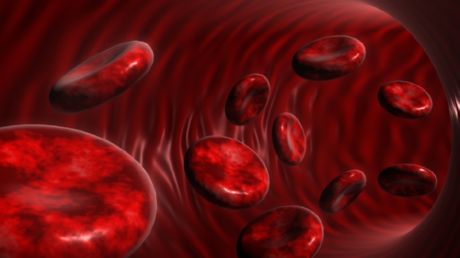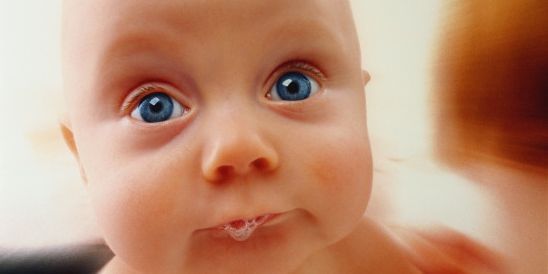
All iLive content is medically reviewed or fact checked to ensure as much factual accuracy as possible.
We have strict sourcing guidelines and only link to reputable media sites, academic research institutions and, whenever possible, medically peer reviewed studies. Note that the numbers in parentheses ([1], [2], etc.) are clickable links to these studies.
If you feel that any of our content is inaccurate, out-of-date, or otherwise questionable, please select it and press Ctrl + Enter.
16 surprising facts about the human body have been published
Last reviewed: 01.07.2025
 ">
">When people are good at something and have good knowledge in a certain area, they use the expression "I know it like the back of my hand." By the way, about fingers and other body parts. What do we know about our body? Can we apply this expression to our knowledge of our own organism? We have collected 16 facts that may surprise you.
Tongue imprint
If you want to remain unrecognized, it is better not to stick out your tongue, because each person's tongue print is individual, just like fingerprints.
It's not just animals that shed
Your pet isn't the only one who leaves traces behind. Animals shed fur, and humans shed skin particles. Every hour, we shed about 600,000 skin particles. Over the course of a year, that's about 700 grams, and by age 70, a person has lost about 47 kilograms of skin.
Bone tissue
A child has more bones than an adult. We start life with 350 bones, but as we age, as the body changes, some bones fuse together and the number becomes 206.
Stomach

Did you know that the human stomach is renewed every 3-4 days? Gastric juice, most of which is acid, digests not only food, but also the walls of the stomach.
Memory for smells

The human nose is not as sensitive as a dog's, but it can still detect up to 50,000 different odors.
Intestines
The human small intestine is about four times longer than the average person is tall, ranging from 8 to 10.5 meters in length.
Bacteria
There are a huge number of them on our body. Only on one square centimeter of the human body 32 million bacteria exist perfectly. What is most pleasing is that most of them are harmless and do not pose a danger to humans.
Body odor
The sources of unpleasant odor on our body are sweat from our armpits and feet. A pair of human feet contains approximately 500,000 sweat glands and can produce half a liter of sweat per day.
 [ 4 ], [ 5 ], [ 6 ], [ 7 ], [ 8 ]
[ 4 ], [ 5 ], [ 6 ], [ 7 ], [ 8 ]
Sneezing

The air that escapes when we sneeze can travel at speeds of up to 180 km/h, so cover your nose and mouth when you sneeze, especially if you are sick.
Blood

Our circulatory system and heart are real workers. Just imagine, blood passes through 108,000 blood vessels, and the heart pumps about 2,000 liters of blood through these vessels every day.
Saliva

Sure, it's not the most pleasant thing you can imagine, but how about swimming in your own saliva? It would be entirely possible if we could save it. Over the course of a lifetime, on average. A person produces about 23,600 liters of saliva, which is enough to fill two swimming pools.
Snore
After reaching the age of 60, 40% of women and 60% of men begin to snore. The volume level of snoring is 60 decibels. For comparison, the volume level of normal speech is 80 decibels. And the volume level above 85 decibels is considered dangerous for the human ear.
Hair
Hair color helps determine how dense the hair is. By the way, blondes have more hair. On the average human head there are about 100,000 hair follicles, each of which is capable of producing 20 hairs during a person's life. Redheads have the lowest density - 86,000 follicles.
Nails
Fingernails are the fastest growing. This is natural, because they are used more than toenails. Nails on long fingers and on the hand you write with grow the fastest.
Head
Newborn babies have poor head support. This is explained by the fact that the human head at birth makes up one fourth of the total body length, and in adulthood – one eighth.
Dream
The expression "I'm dying to sleep" is quite literal, because a person can only go without sleep for 11 days. After 11 days without sleep, there is a chance that a person will fall asleep forever.
